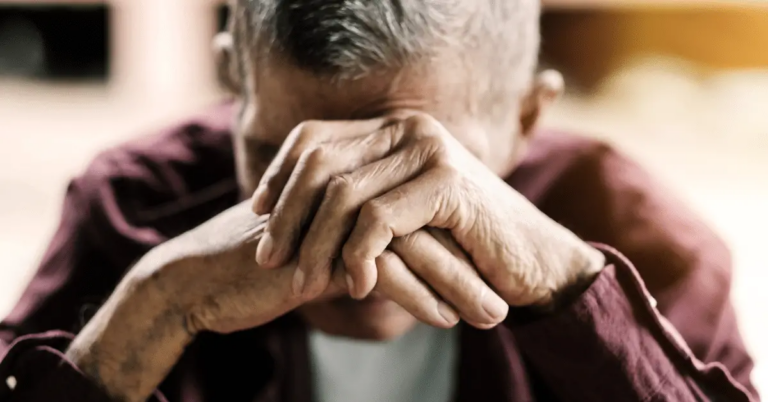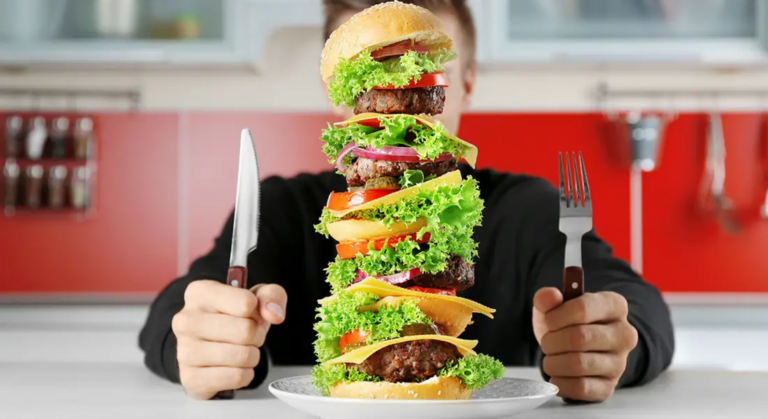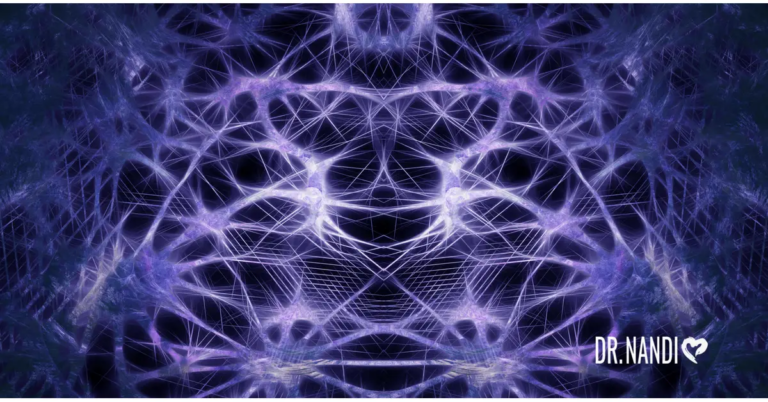What Do You Think of When You Hear That Someone Is Abusing Alcohol?
Do you feel empathy, or do you think it is “their” problem? If you think about it, we all could have been born in the bed next to us… and it could be any one of us tomorrow. We don’t judge those with diabetes like we do those with the disease of addiction. We can change that. It is not a THEM problem… it is a WE problem. As more and more research is done on alcohol and drug abuse, the results suggest that it is not a “problem”; instead, it is a disease or disorder. Research suggests that we need to help the addict just as we would someone ill.
In 2012, Roughly 17 Million Adults in the United States Aged 19 and Older Had an “Alcohol Use Disorder” or AUD.
Seventeen million adults are just over 7.2 percent of the country’s adult population. Problem drinking and abuse have become so severe that the medical world has given the medical diagnosis of “Alcohol Use Disorder.” Included in the diagnosis are 11.2 million men and 5.7 million women, with an estimated 855,000 adolescents aged 12-17 diagnosed.
Certain criteria are found in the Diagnostic and Statistical Manual of Mental Disorders that must be met to be diagnosed with an AUD. The medical community has found that anyone who meets 2 of the 11 criteria during the same 12-month period receives a diagnosis of AUD. Mild, moderate, or severe diagnosis is based on the number of criteria met.
There Is Also a Disease Model for Alcoholism That Depends on It Being a Physical Addiction That Cannot Be Controlled, Distinguishable by Specific Symptoms and Requiring Specialized Medical Treatment.
Cycles of physical cravings and withdrawal symptoms, including shaking, sweating, nausea, and dizziness, are part of why alcoholism has been classified as a physical disease. Because abuse of drugs or alcohol is an addiction, it is considered a brain disease. This disease model from the National Council on Alcoholism and Drug Dependence seems not to believe some of the reasons people become addicted, and others do not. Cultural and environmental factors need to be considered, as do traumatic events.
Why Do Many in the Medical World Believe That Addiction Is a Disease or Disorder?
Research shows that addiction is 50 percent genetic predisposition and 50 percent poor coping skills. There have been studies that have researched identical twins and fraternal twin pairs that have confirmed these numbers. More studies are being done to ensure these results. Researchers have also discovered that the children of people who abuse alcohol and drugs are eight times more likely to develop an addiction themselves.
Why Is Alcohol or Drug Abuse a “We” Problem?
We all have the genetic predisposition to addiction because there is an evolutionary advantage to that. When an animal eats a particular food that it likes, there is an advantage to associating pleasure with that food so that the animal will look for that food in the future. You could say that the potential for addiction may be hardwired into our brains. Even though everyone has the potential for addiction, why are some more predisposed to addiction than others? Some may abuse alcohol or drugs because of poor coping skills by rewiring their brains and thinking. Every time someone uses alcohol, they strengthen the wiring associated with drinking and begin to chase that buzz even more. The more they chase the effect of alcohol, the greater the chance of eventually developing an addiction.
Like Cancer, Heart Disease Diabetes, and Other Diseases, Addiction Should Be Considered a Disease.
Take a look at heart disease. It is a combination of genes and many times due to poor choices in lifestyle such as a bad diet, lack of exercise, and smoking. You can compare other diseases such as adult-onset diabetes and various forms of cancer due to genes and lifestyle choices. If you hear that someone has cancer, heart disease, or diabetes, you would not judge them and think they were the wrong person. You would think, “How can they beat this disease, or how can I help them?” It is the approach we need to follow with addiction. Everyone can become an addict. It crosses all colors, religions, sexes, and economic boundaries, which helps to confirm that addiction is a disease.
More and more research is being done on alcohol and drug abuse, and it suggests that our view that abuse is a disease that should be treated with empathy and care is changing. It could be a loved one that becomes dependent, and we would want nothing but the best for them.



















